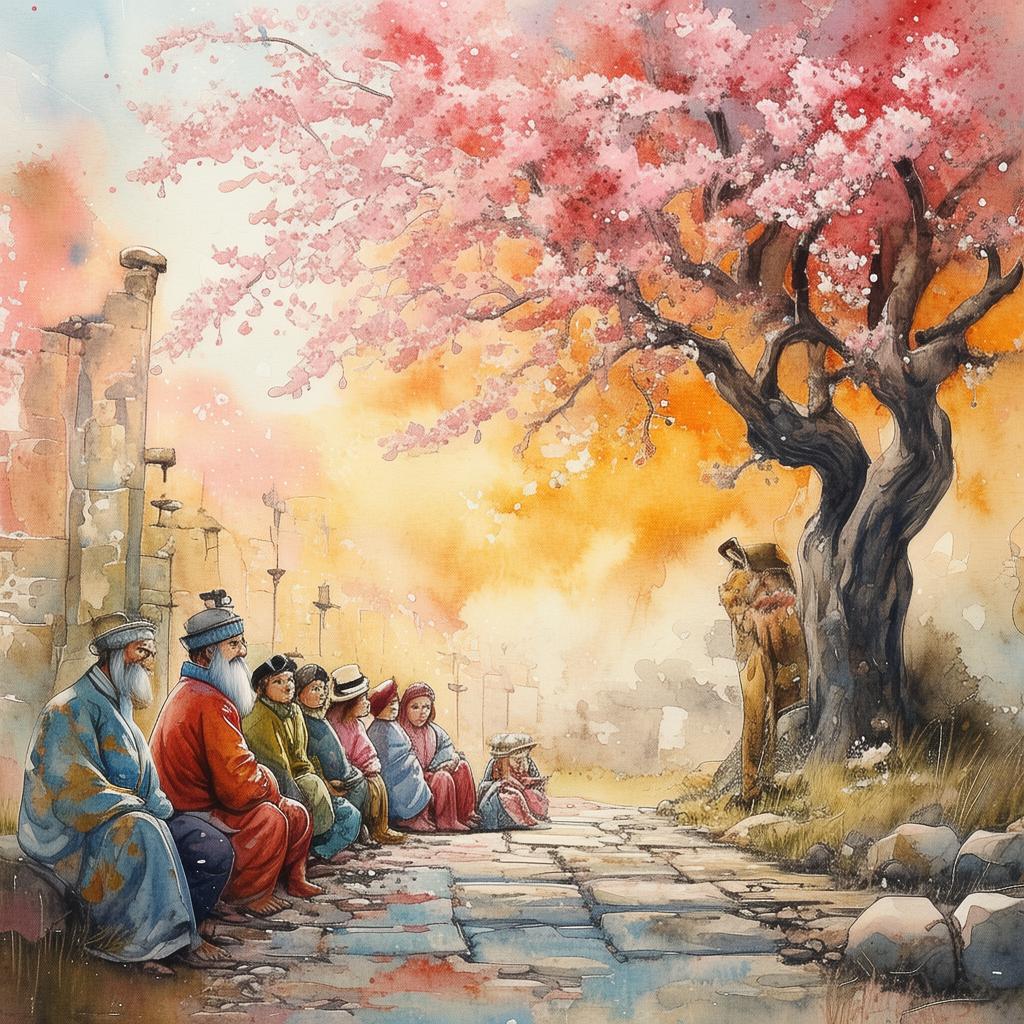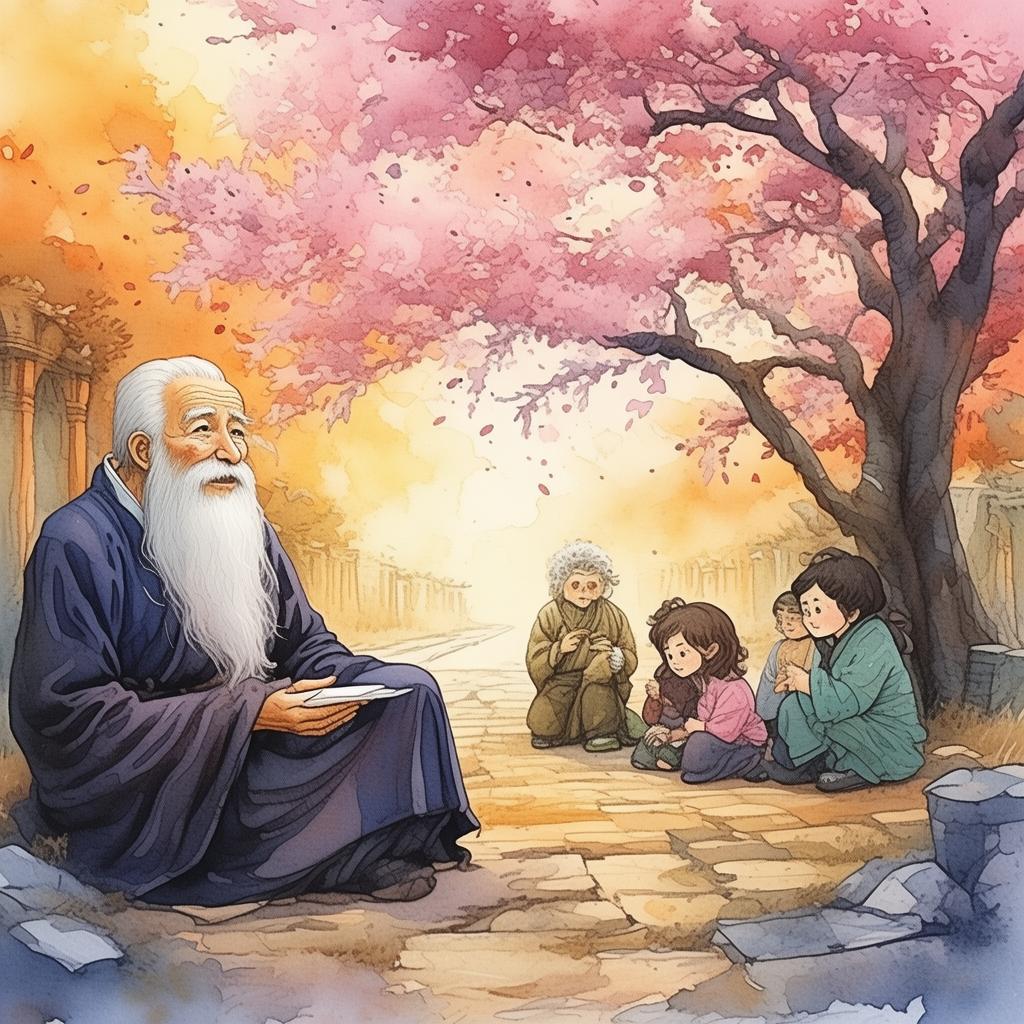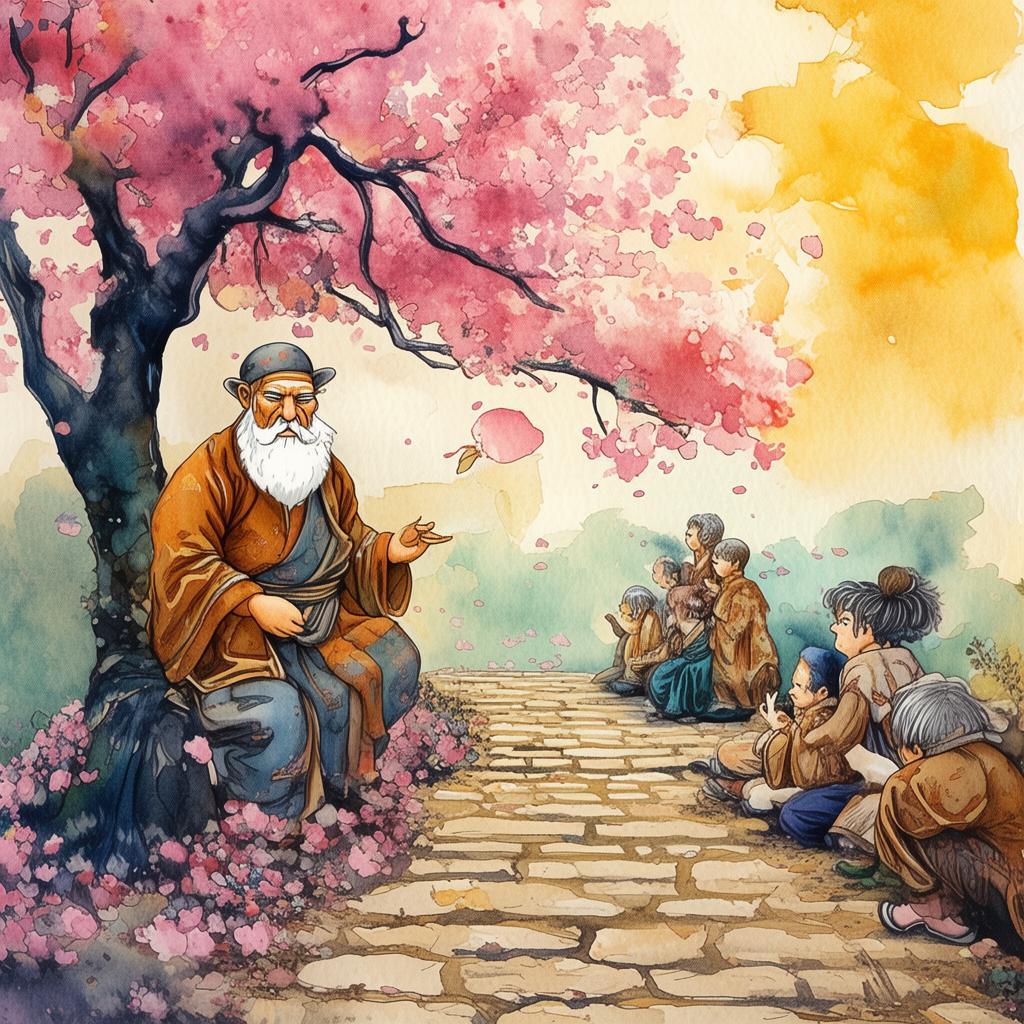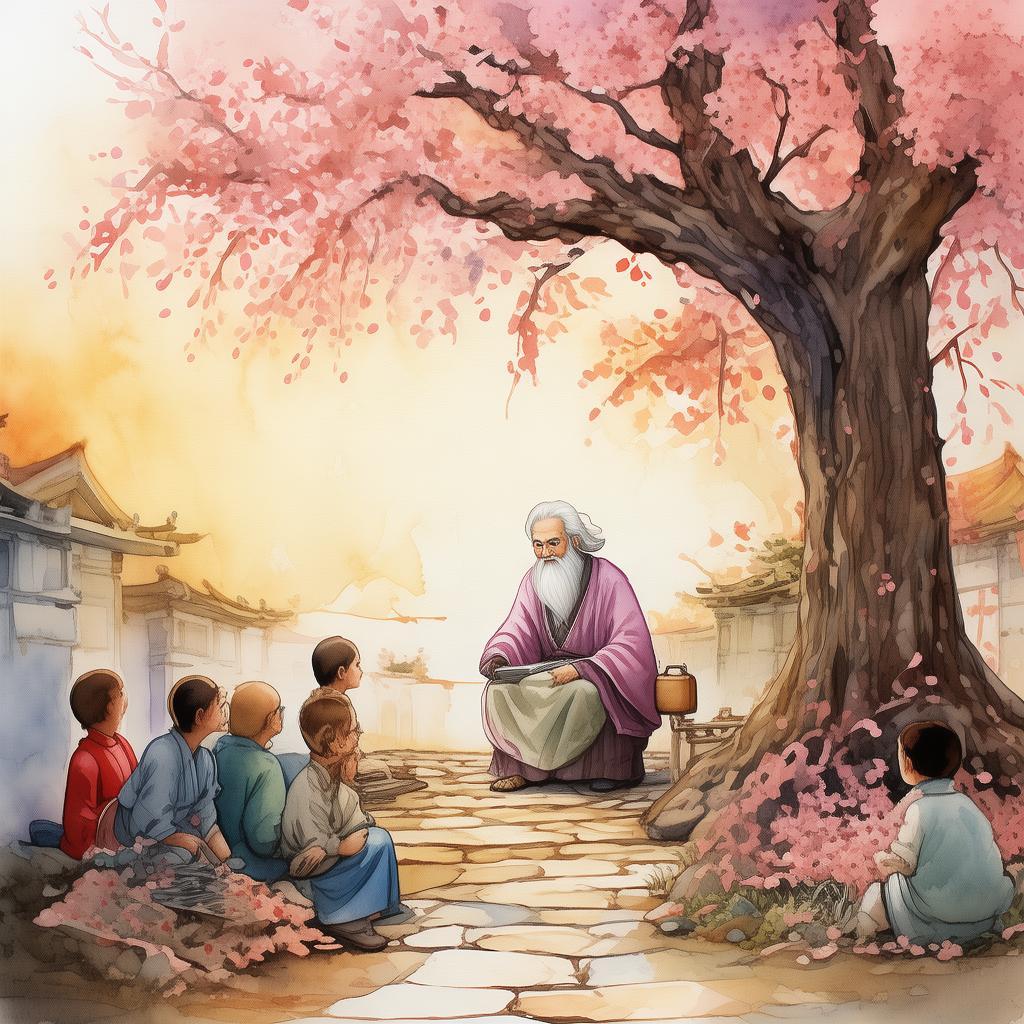The Tides of Treachery: The Battle of the Eastern Front
In the waning days of the Great War, the Eastern Front was a theater of relentless conflict. The River's Rhapsody, a river that once sang tales of peace, now ran red with the blood of soldiers and the curses of commanders. The story centers on General Liu, a man whose reputation was as sharp as his strategic mind, and who now faced the greatest challenge of his career.
The summer of 1916 saw the advance of the Central Powers into Russian territory, and the tide of war seemed to turn against the Allies. General Liu, a seasoned soldier with a heart as cold as the steel of his blade, was tasked with holding the line against the relentless German advance. His men were weary, but the General's resolve was unbreakable.
The river, a symbol of life and prosperity in times of peace, had become a barrier of death and despair. Its waters had witnessed countless battles, and now, it was the scene of a crucial confrontation. General Liu's soldiers, numbering fewer than their foes, had set up a series of defensive positions along the riverbanks, hoping to delay the enemy's advance.
One evening, as the sun dipped below the horizon, casting a crimson glow over the battlefield, a shadowy figure approached General Liu's headquarters. He was a spy, a man named Chen, who had been planted by the Central Powers. Chen offered General Liu a proposal: he knew the plans of the enemy's commander, General von Kruger, and was willing to share them if General Liu would spare his life.
General Liu, a man who valued strategy above all else, was intrigued. He decided to play along, knowing that the enemy could not be trusted. He agreed to Chen's terms, and the spy was allowed to live, though he was closely watched.

The next morning, as the enemy forces began their advance, General Liu received a message from Chen. It contained detailed plans of the enemy's movements, including the exact time and location of the German breakthrough. The General ordered his troops to fall back strategically, drawing the enemy into a trap.
As the enemy forces moved into the ambush, the river, once a symbol of life, now became a river of death. The sound of explosions echoed across the land, and the once serene river now ran with the blood of soldiers. General Liu watched from his vantage point, his mind calculating the next move.
Just as the enemy was about to break through, Chen appeared again, this time with a different message. The General had been betrayed; the information Chen had provided was a ruse. The enemy forces were actually advancing to attack from the opposite side, a move that would cut off General Liu's retreat.
In a moment of sheer desperation, General Liu ordered his men to attack with everything they had. The battle was fierce, with bullets flying and men falling. The river, once a barrier, now seemed to be flowing with the will of the soldiers, as they fought with a newfound vigor.
In the end, it was Chen's treachery that led to a dramatic turn of events. The German forces were defeated, and the Eastern Front stabilized. General Liu's name was etched into the annals of history as a man who had turned the tide of war through cunning and sheer force of will.
The river, once a symbol of peace, had witnessed yet another chapter of war. As the soldiers cleaned their weapons and prepared for the journey home, General Liu stood by the riverbank, reflecting on the cost of victory. He knew that while the battle had been won, the war was far from over, and the river's rhapsody would continue to be a melody of both war and peace.
The Tides of Treachery served as a stark reminder that in the midst of war, the only constant was the human capacity for both good and evil. It was a story of betrayal, strategy, and the unyielding spirit of a man who had faced the darkest hour and emerged triumphant.
✨ Original Statement ✨
All articles published on this website (including but not limited to text, images, videos, and other content) are original or authorized for reposting and are protected by relevant laws. Without the explicit written permission of this website, no individual or organization may copy, modify, repost, or use the content for commercial purposes.
If you need to quote or cooperate, please contact this site for authorization. We reserve the right to pursue legal responsibility for any unauthorized use.
Hereby declared.









